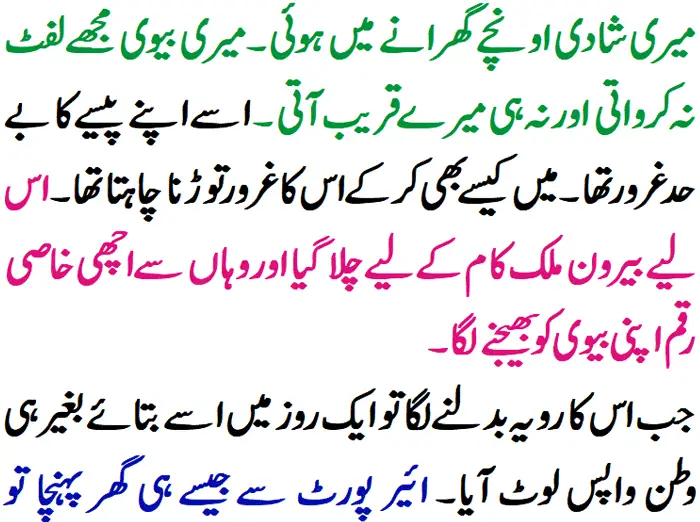
Anxiety is a common mental health condition that affects millions of people worldwide. It manifests in various ways, from persistent worry and fear to physical symptoms like a racing heart and sweating. One lesser-known but equally troubling symptom is itching. Many people who experience anxiety also report episodes of itching, which can be distressing and confusing.
Does Anxiety Cause Itching?
The short answer is yes, anxiety can cause itching. This phenomenon is known as psychogenic itching, where psychological factors like stress, anxiety, and depression trigger or worsen itching. Here’s how it happens:
Stress Response: When you are anxious, your body’s stress response is activated. This involves the release of stress hormones like cortisol and adrenaline, which prepare your body to face a threat. These hormones can also affect your skin, making it more sensitive and prone to itching.
Nerve Sensitivity: Anxiety can make your nerve endings more sensitive. This heightened sensitivity can make you more aware of sensations that you might not normally notice, such as minor itches.
Histamine Release: Stress and anxiety can lead to the release of histamine, a chemical in the body that causes itching. Histamine is typically associated with allergic reactions, but it can also be released in response to stress.
Skin Conditions: People with chronic skin conditions like eczema or psoriasis may find that anxiety exacerbates their symptoms, leading to increased itching. The psychological stress from anxiety can cause flare-ups of these conditions, resulting in more intense itching.
How Do You Treat Anxiety-Induced Itching?
Treating anxiety-induced itching involves addressing both the physical symptoms of itching and the underlying anxiety. Here are some effective strategies:
Identify Triggers: Keep a journal to track when your itching occurs. Note any patterns or triggers, such as stressful events or anxiety-provoking situations. Identifying these triggers can help you manage your anxiety better.
Stress Management Techniques: Incorporate stress management techniques into your daily routine. Practices like deep breathing exercises, meditation, yoga, and progressive muscle relaxation can help reduce overall anxiety levels and, in turn, decrease itching.
Healthy Lifestyle: Maintain a healthy lifestyle with regular exercise, a balanced diet, and adequate sleep. Physical activity can help reduce stress and anxiety, while a nutritious diet supports overall health. Good sleep hygiene is crucial, as lack of sleep can worsen both anxiety and itching.
Skin Care: Take care of your skin to minimize itching. Use gentle, fragrance-free soaps and moisturizers to avoid irritation. Avoid hot showers, as they can dry out your skin, making it more prone to itching. Keep your nails trimmed to prevent damage to your skin if you do scratch.
Medication: If your itching is severe, consult a healthcare professional. They may recommend antihistamines to reduce itching or prescribe medications to manage anxiety, such as selective serotonin reuptake inhibitors (SSRIs) or benzodiazepines.
Therapy: Consider therapy to address the root cause of your anxiety. Cognitive-behavioral therapy (CBT) is particularly effective in treating anxiety disorders. CBT helps you identify and change negative thought patterns and behaviors that contribute to anxiety and its physical symptoms.
Mindfulness and Relaxation: Practicing mindfulness and relaxation techniques can help you stay present and reduce anxiety. Mindfulness involves paying attention to the present moment without judgment, which can help you become more aware of your anxiety triggers and how they affect your body.
Why Do Anxiety and Itching Happen at the Same Time?
Anxiety and itching often occur together due to the complex interaction between the mind and body. Here are a few reasons why this happens:
The Mind-Body Connection: The mind and body are closely linked, meaning that psychological stress can manifest as physical symptoms. Anxiety triggers a stress response in the body, leading to various physical symptoms, including itching.
Vicious Cycle: Anxiety and itching can create a vicious cycle. Anxiety causes itching, and the discomfort of itching can increase anxiety. This cycle can be challenging to break, as each condition exacerbates the other.
Attention and Focus: Anxiety can make you hyper-aware of your body. This heightened awareness means you are more likely to notice and focus on minor itches that you might otherwise ignore. The more you focus on the itching, the worse it can become.
Chronic Conditions: Individuals with chronic skin conditions are more prone to anxiety due to the constant discomfort and self-consciousness associated with their condition. Anxiety can then worsen their skin condition, leading to more itching.
In conclusion, anxiety can indeed cause itching, creating a distressing combination of physical and psychological discomfort. Treating anxiety-induced itching requires a holistic approach that addresses both the mind and body. By managing stress, taking care of your skin, and seeking professional help when necessary, you can reduce both anxiety and itching. Understanding the connection between these two conditions can help you take proactive steps to improve your overall well-being and quality of life. Remember, if you’re struggling with anxiety and itching, you’re not alone, and effective treatments are available.






